Emerging technology company LAVO says it has more than $1 billion in advance orders for its Hunter-developed hydrogen energy storage batteries.
LAVO executives delivered a technical briefing to politicians and the Newcastle Herald on Friday about the first hydrogen energy storage system (HESS) prototypes built for domestic use.
The briefing took place at Tomago firm Varley, which built the 40-kilowatt-hour prototypes in partnership with fellow Hunter firm Ampcontrol and LAVO.
The $30,000 system measures about 1.7 by 1.2 metres and is 40 centimetres thick. It stores energy from solar panels in patented metal hydride "vessels" developed by the University of NSW and can power a typical house for about two-and-a-half days when the sun doesn't shine.
The HESS splits filtered water into hydrogen and oxygen using solar energy, stores the hydrogen in the hydride tanks then converts it into electricity via a fuel cell.
The "hybrid" system also has a lithium iron battery on board to provide quick power.
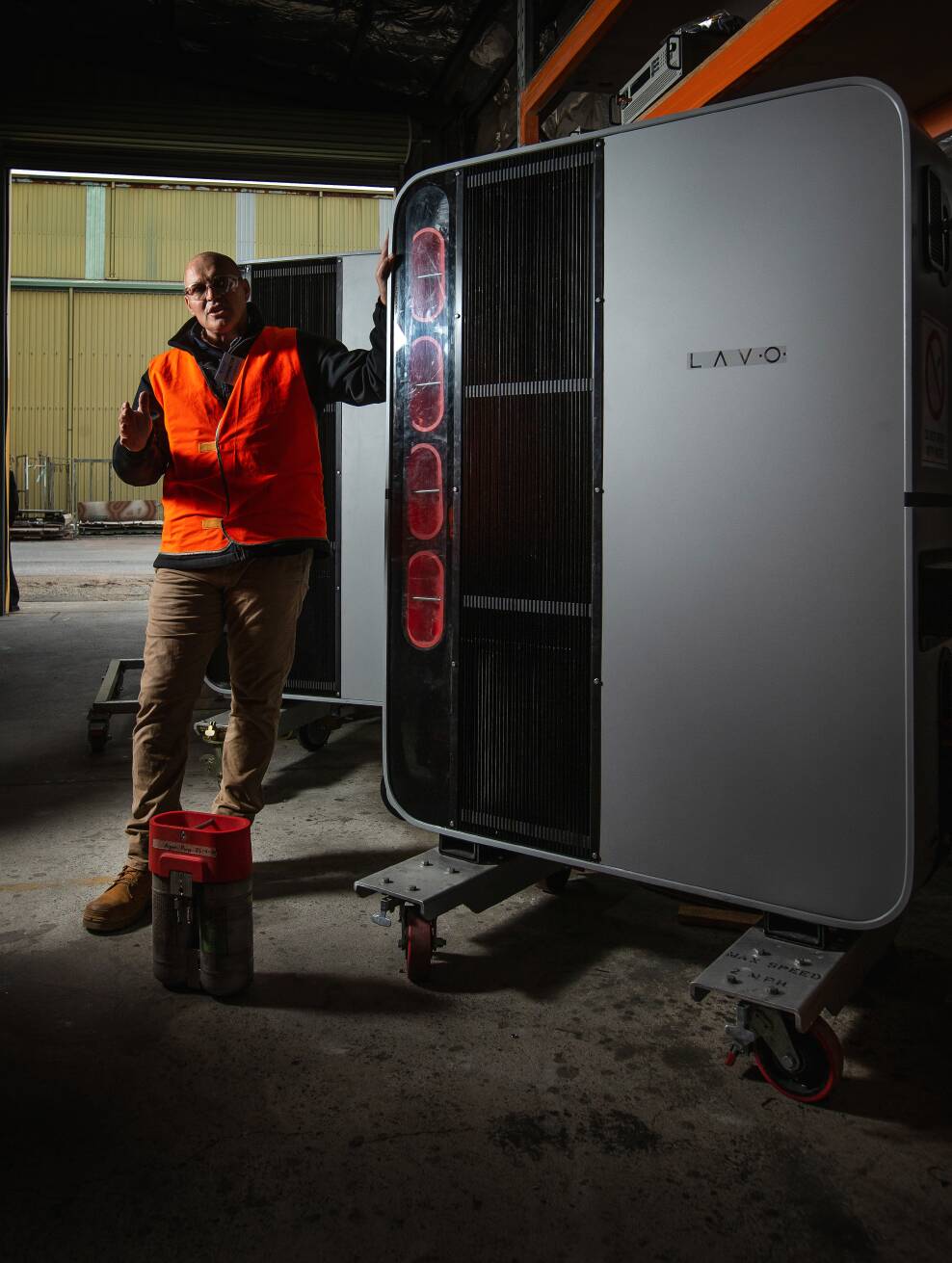
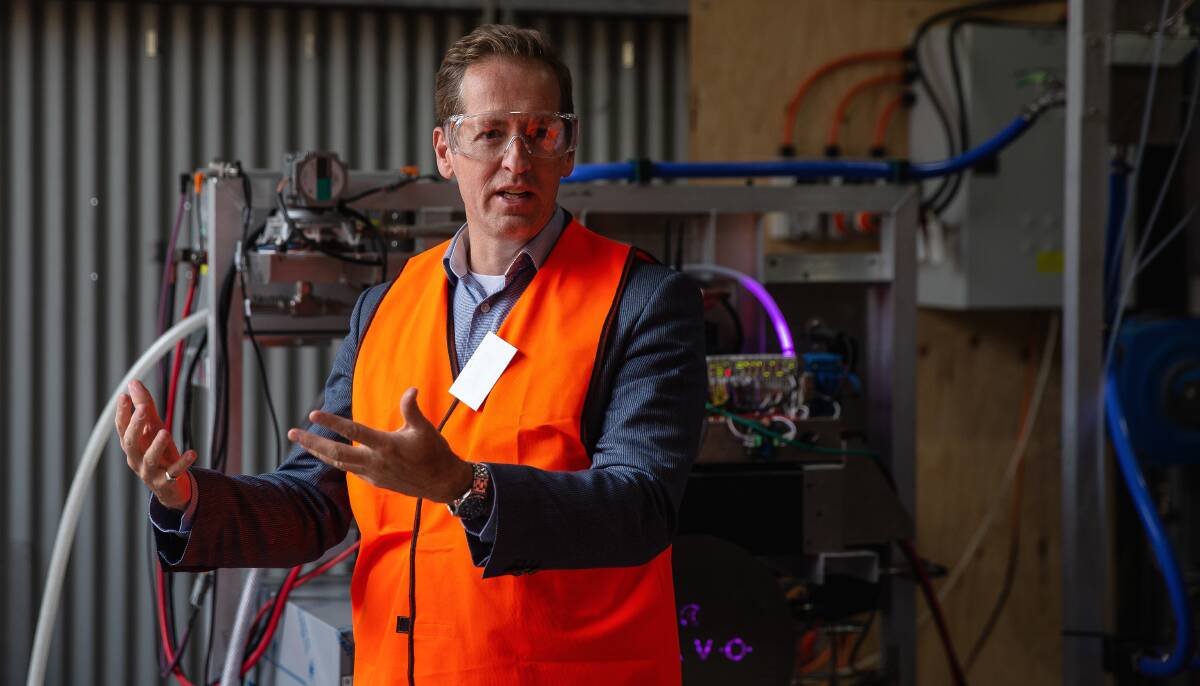
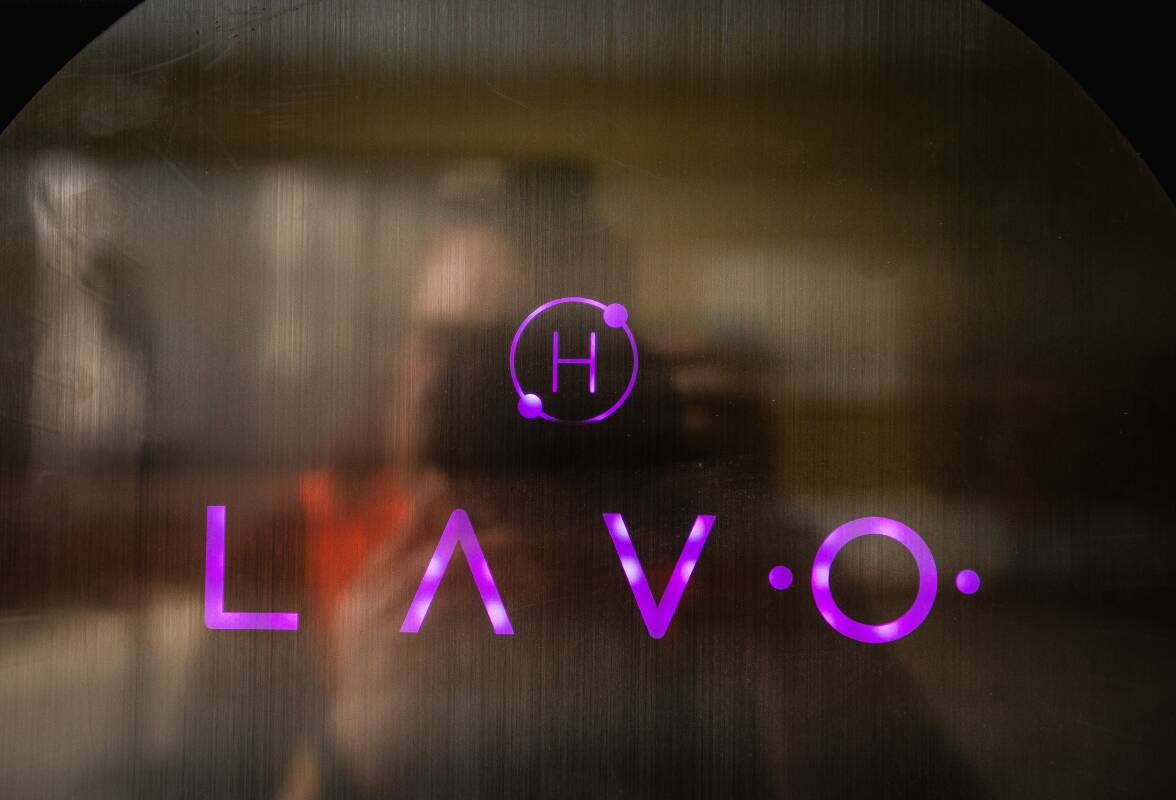
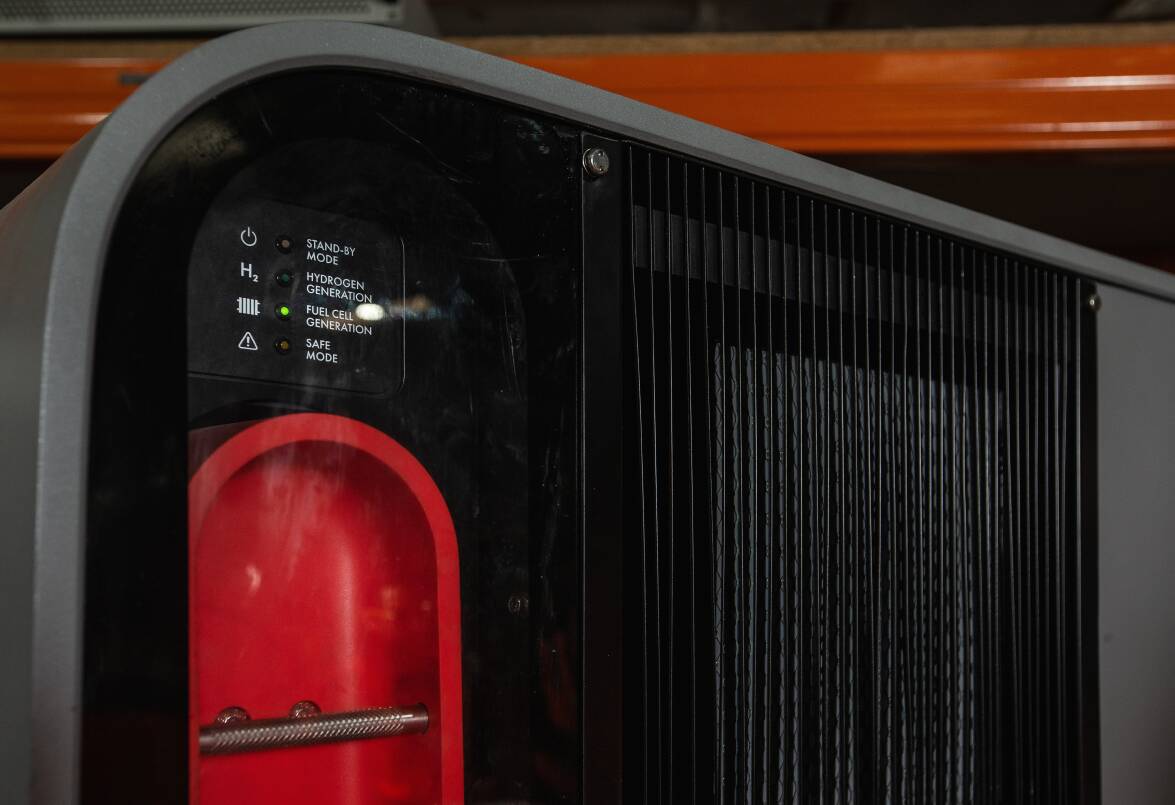
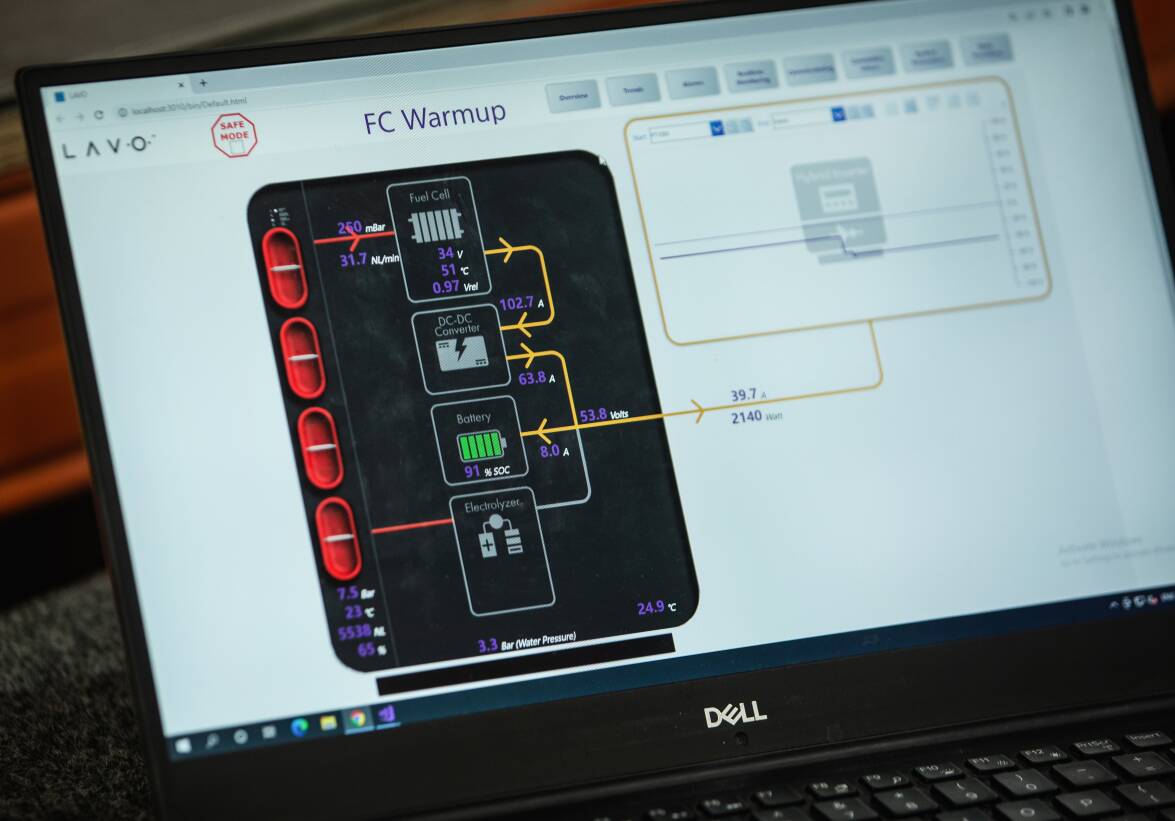
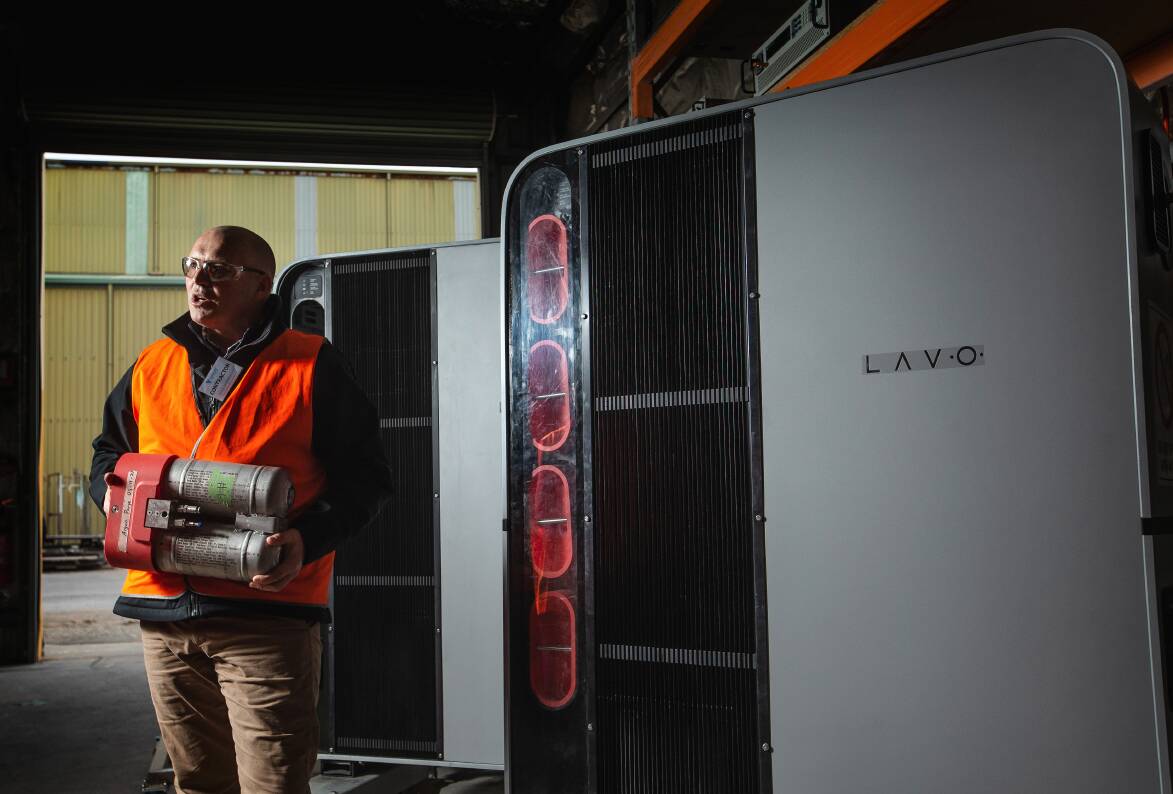
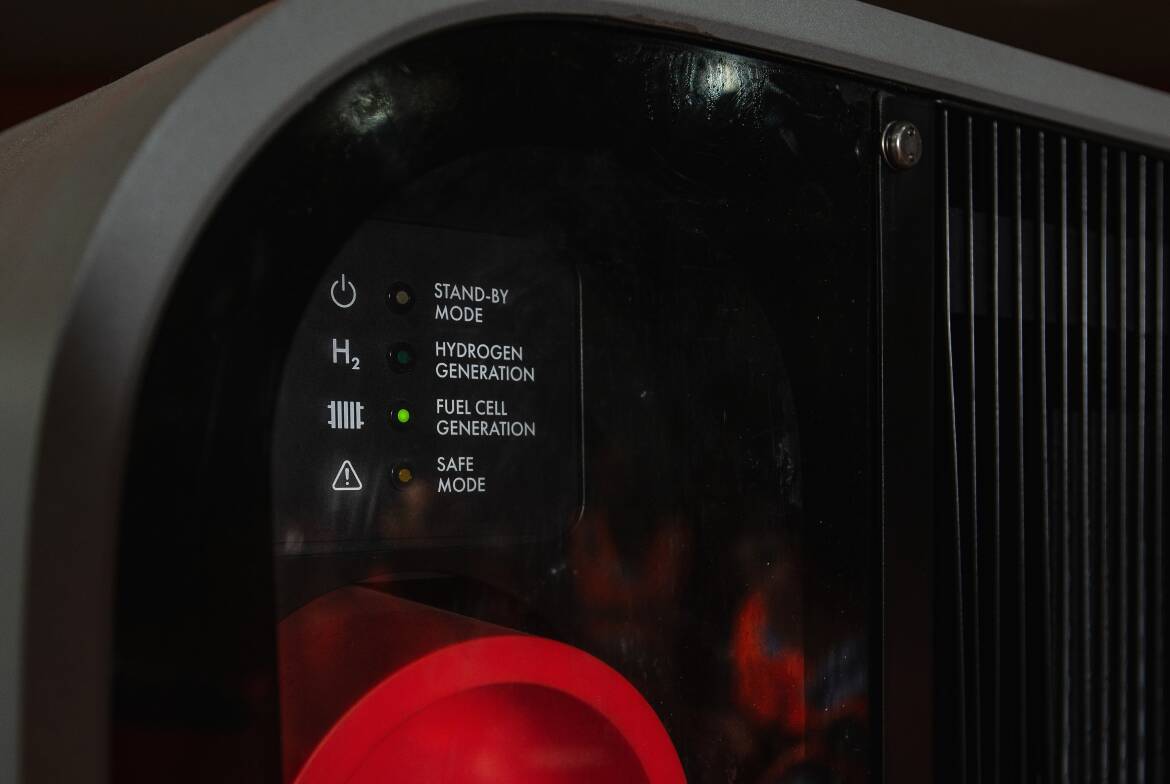
The system, which has taken 15 months to develop with funding from the federal government's Advanced Manufacturing Growth Centre, can be used in homes and in commercial and industrial settings.
"We're also developing a much larger utility-scale unit called EOS for a solar farm or wind farm," LAVO chief operating officer Jacques Markgraaf said.
"It gives an owner of a solar or wind farm the opportunity to effectively increase your rate of return on that asset."
Mr Markgraaff said the company had taken deposits on $65 million in orders for domestic units from customers in 40 countries, but this was dwarfed by orders from energy companies.
"In the utility space, we have over a billion dollars of orders sitting there," he said.
"For us this is clearly a massive priority to get this out on to solar farms.
"We've got commercial commitments to do that."
LAVO technical director Darren Jones said Hunter firms like Varley were "very well placed" to build the larger "project-based" units for industry and energy utilities.
Company representatives told NSW Shadow Minister for Industry Anoulack Chanthivong, Port Stephens MP Kate Washington and Newcastle MP Tim Crakanthorp that they had not decided where the domestic units would be built on a commercial scale.
The company is progressing through a complex approval process with state authorities and has installed domestic prototypes of the "world-first" technology in five mainland jurisdictions.
"We are limited by the supply chain. We are limited by regulation approvals. We've got a roadblock," chairman Henry Sun said.
LAVO hopes costs come down before the smaller units go into commercial production.







